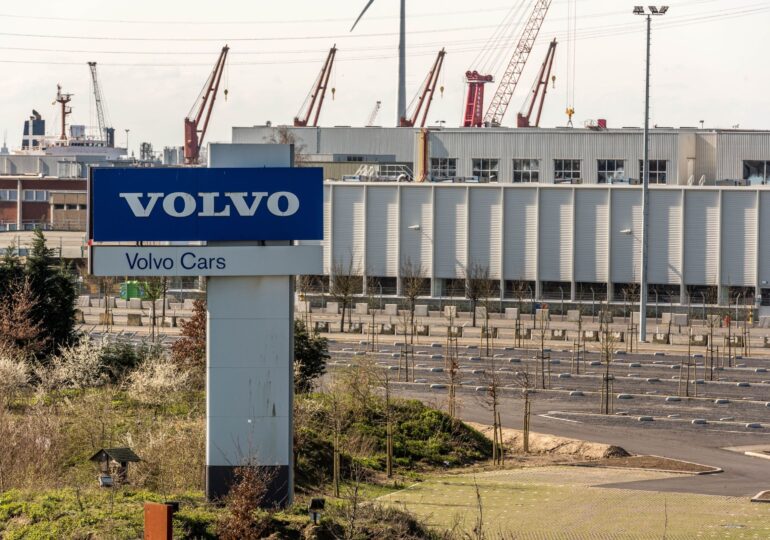Swedish car manufacturer Volvo Cars announced on Monday that it will cut approximately 3,000 jobs as part of a major cost-efficiency plan in the midst of a challenging period for the global automotive industry.
The decision comes after the company, owned by the Chinese group Geely Holding, unveiled at the end of April a cost reduction and cash flow optimization plan worth 18 billion Swedish kronor (approximately $1.89 billion), as reported by CNBC.
According to the company, the layoffs will mainly affect administrative positions in Sweden, representing about 15% of the total office employees. Additionally, around 1,000 consultancy positions will be eliminated, mostly in Sweden, along with 1,200 internal employees, with the remaining reductions set to take place internationally.
”These decisions have been difficult but are important steps to build a stronger and more resilient Volvo Cars,” stated CEO Håkan Samuelsson.
”The automotive industry is going through a challenging period. To cope, we need to improve cash generation and structurally reduce costs, all while not giving up on developing the talents necessary for our ambitious future,” he added.
With the launch of the action plan on April 29, the company announced reduced investments and global restructuring, while also withdrawing financial estimates for 2025 and 2026, citing tariff pressures on the automotive sector.
Risks from the trade war
The global automotive industry is increasingly affected by uncertainties related to trade tariffs, especially considering the highly globalized supply chains and significant production in North America.
On Friday, US President Donald Trump threatened with imposing a 50% tariff on imports from the European Union, starting on June 1, leading to a sharp drop in the European auto index. Subsequently, Trump announced a one-month delay in the implementation of these tariffs until July 9, following a discussion with European Commission President Ursula von der Leyen.
The EU already faces 25% tariffs from the US on automobiles, steel, and aluminum, as well as "reciprocal" tariffs of 10% on most other goods.
Volvo Cars emphasized that these measures are essential to maintain its long-term strategy and reaffirmed its goal of becoming an all-electric company. However, last September, the company abandoned the plan to sell only electric vehicles in the short term, citing the need for a more "pragmatic and flexible" response to market conditions and declining demand.

